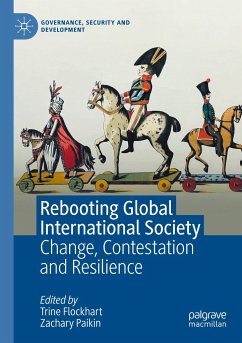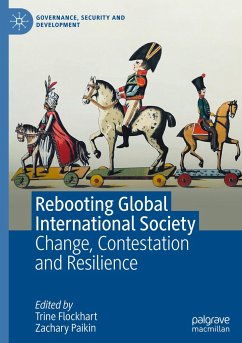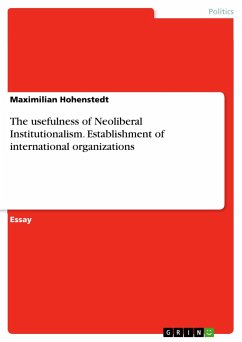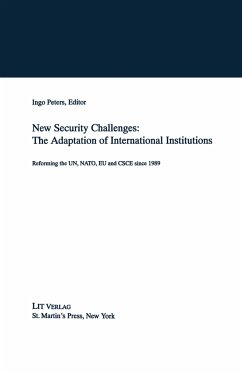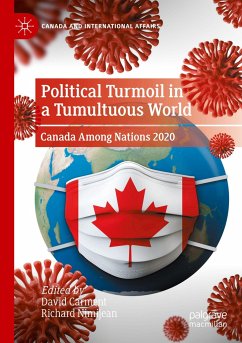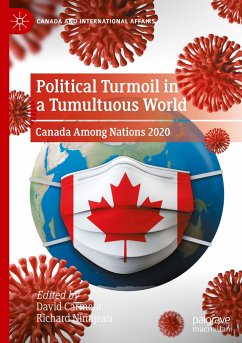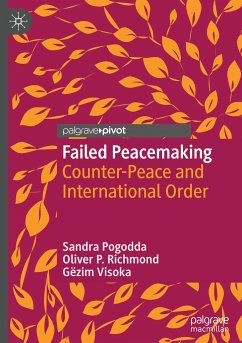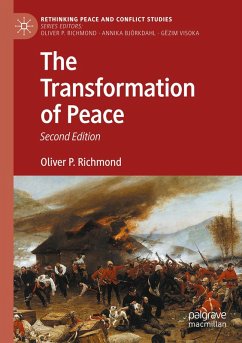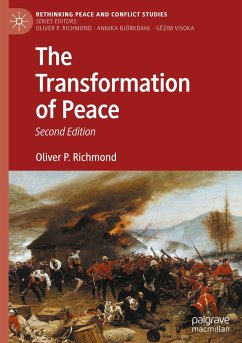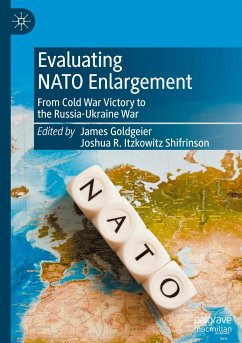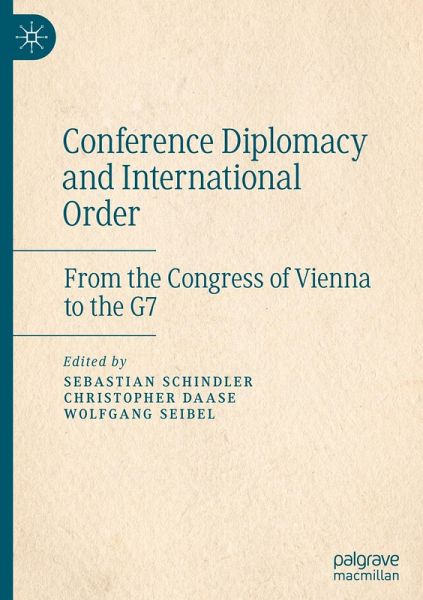
Conference Diplomacy and International Order
From the Congress of Vienna to the G7
Herausgegeben: Schindler, Sebastian; Daase, Christopher; Seibel, Wolfgang

PAYBACK Punkte
49 °P sammeln!
This volume's focus on establishing a direct exchange between History and International Relations is unique in the contemporary literature on international institutions. While there have been attempts in both disciplines to engage with the other and to integrate their respective insights, a direct, focused exchange on core issues of international institutional development has rarely taken place.The volume takes this lacuna as a starting point. The structure of the volume is strictly symmetrical. In each of the four main sections, one historian and one IR scholar elaborate their views on one of...
This volume's focus on establishing a direct exchange between History and International Relations is unique in the contemporary literature on international institutions. While there have been attempts in both disciplines to engage with the other and to integrate their respective insights, a direct, focused exchange on core issues of international institutional development has rarely taken place.
The volume takes this lacuna as a starting point. The structure of the volume is strictly symmetrical. In each of the four main sections, one historian and one IR scholar elaborate their views on one of four main aspects of conference diplomacy: inclusion/exclusion, effectiveness, legitimacy, and international order. This approach allows the authors to tackle the more general role of institutions in international order in a long-term historical perspective. The diagnosed crisis of contemporary, liberal order appears in a different light when viewed before the background of continuity and change in the past 200 years. This book has the potential to become essential reading for scholars and practitioners alike.
The volume takes this lacuna as a starting point. The structure of the volume is strictly symmetrical. In each of the four main sections, one historian and one IR scholar elaborate their views on one of four main aspects of conference diplomacy: inclusion/exclusion, effectiveness, legitimacy, and international order. This approach allows the authors to tackle the more general role of institutions in international order in a long-term historical perspective. The diagnosed crisis of contemporary, liberal order appears in a different light when viewed before the background of continuity and change in the past 200 years. This book has the potential to become essential reading for scholars and practitioners alike.



